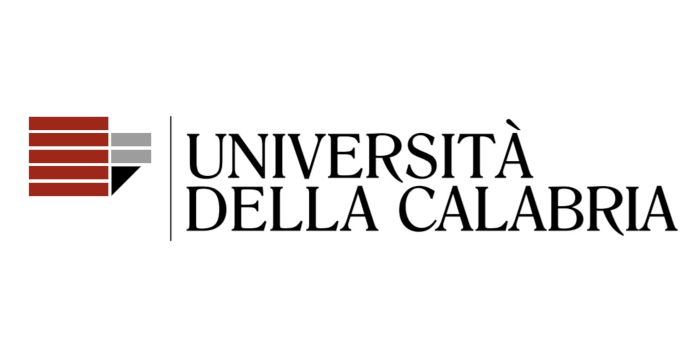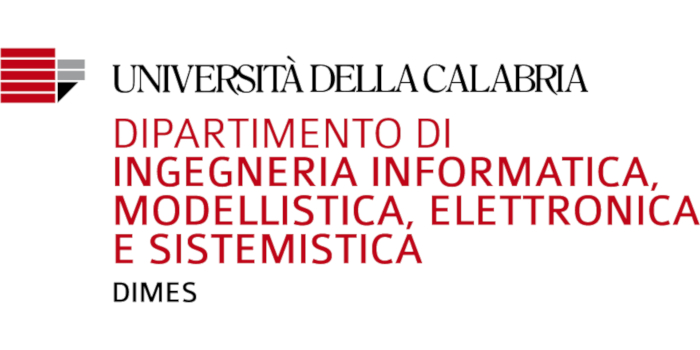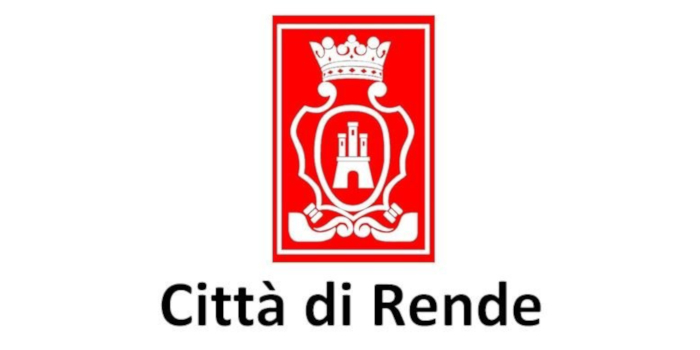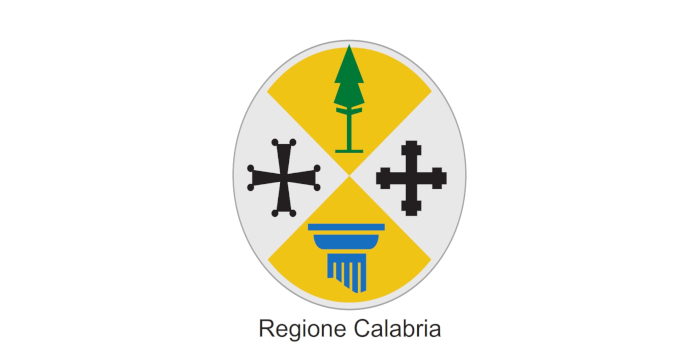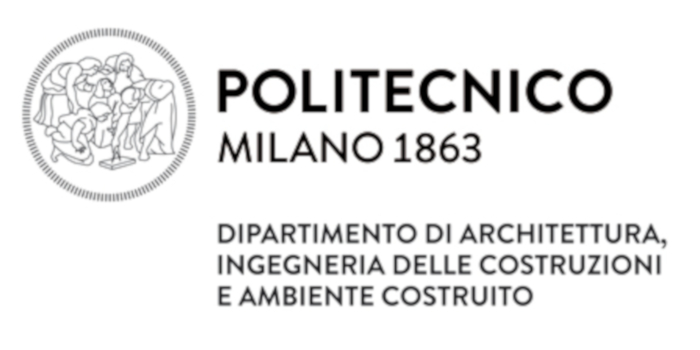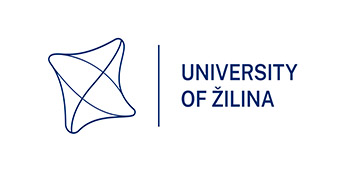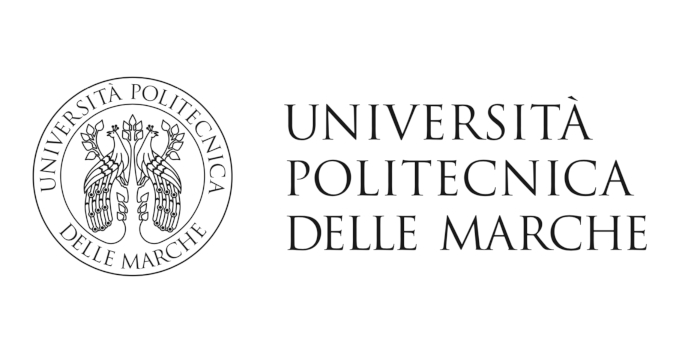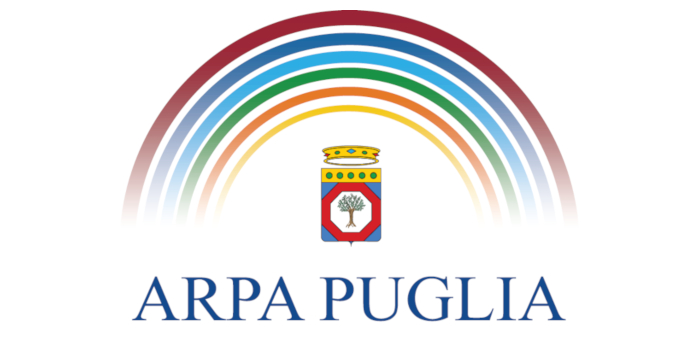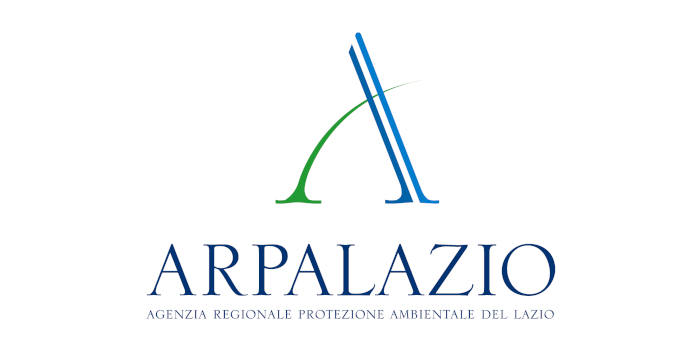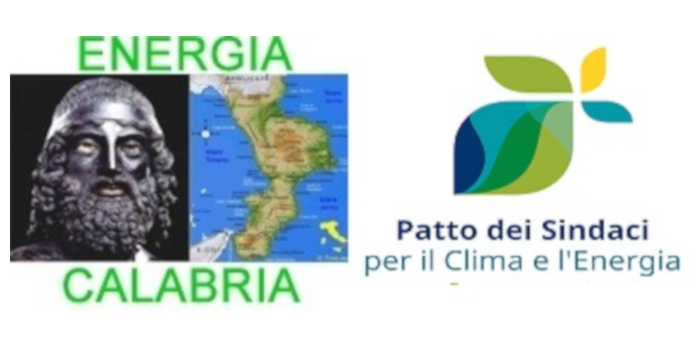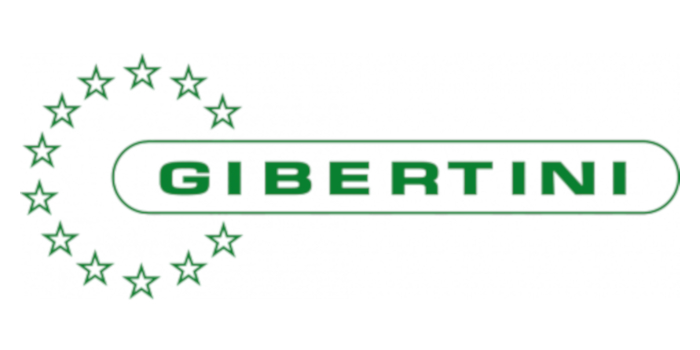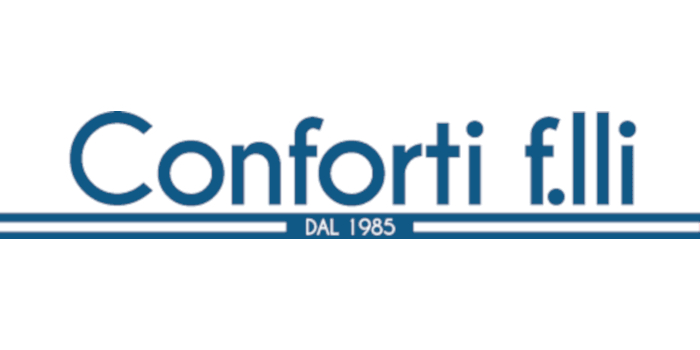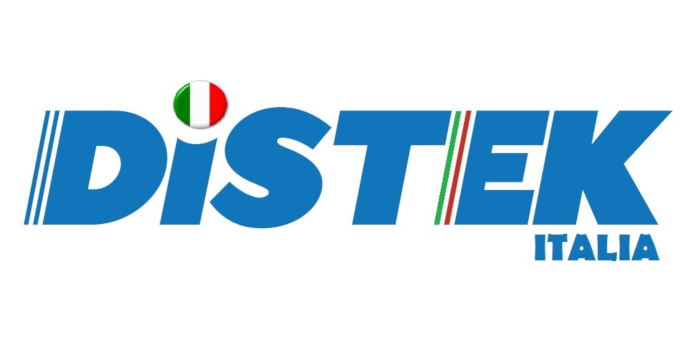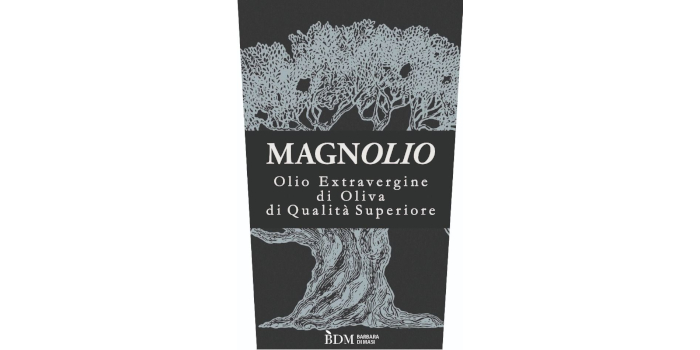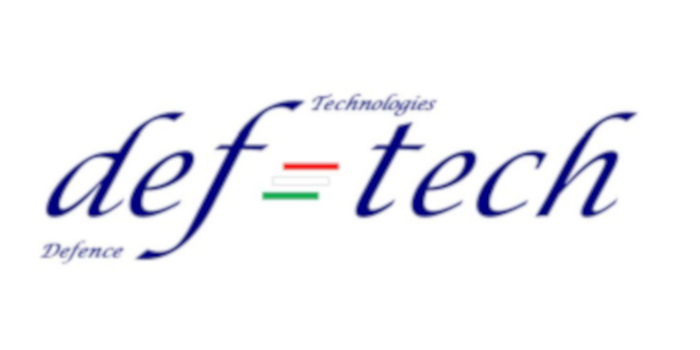Measurements and monitoring of energy aspects in buildings and in renewable energy sources
ORGANIZED BY
Piero Bevilacqua
University of Calabria, Italy
Roberto Bruno
University of Calabria, Italy
ABSTRACT
Worldwide policies have nowadays acknowledged the seriousness of environmental issues related to climate change, and recently a greater effort has been put into the promulgation of binding legislation to provide more sustainable development. The use of energy has to be rendered in this scenario as much rational as possible, trying to limit energy demand and CO2 emission into the atmosphere.
Therefore it is essential to maximize the exploitation of renewable energy sources and implement suitable actions to increase energy efficiency and improve the rational use of energy in all sectors.
In the building sector, responsible for a conspicuous share of primary energy consumption, there is a compelling need to increase sustainability and energy efficiency through innovative buildings design and envelope technologies, integration of renewable energies, implementation of innovative HVAC systems in an integrated approach of sustainable and smart communities.
The special session is focused on research advances, case studies, and best practices that contemplate monitoring, validation and experimental analysis related to renewable energies, innovative HVAC systems, and envelope technologies.
TOPICS
Cover topics include, but are not limited to:
- Cognitive buildings;
- Measurements on the Indoor Air Quality;
- Indoor and outdoor conditions;
- Building energy audit;
- Automation and innovative control for HVAC;
- Building Information Modelling and integrated design approaches;
- District heating and cooling;
- Polygeneration systems;
- Measurements of building thermal features;
- Zero and positive energy districts;
- Monitoring of passive systems for the building envelope;
- Thermal energy storage technologies;
- Thermally active building systems;
- Demand-side management (DSM) for building energy use optimization;
- Hybrid plants based on renewable sources;
- Management of energy storage system for building application.
ABOUT THE ORGANIZERS
Piero Bevilacqua is a Postdoc Researcher at the University of Calabria, Department of Mechanical, Energy and Management Engineering, since 2014. He has co-authored several journal papers and two book chapters. He has participated in numerous National research projects. He received his PhD in Mechanical Engineering in 2014. He conducted research periods at the University of Belgrade (2014) and at the GREA Center, University of Lleida (2013). He holds a master degree in Energy Engineering (2011). His interests include passive systems for the building envelope, green roofs, photovoltaic systems, thermal comfort of indoor spaces, NZEB in Mediterranean area, innovative air-conditioning plants, integrated thermal storage systems; solar cooling; thermal properties of building materials, experimental analysis.
Roberto Bruno is a Researcher in Environmental Technical Physic at the University of Calabria, Department of Mechanical, Energy and Management Engineering. He has been a speaker at national and international congresses concerning the sector of Environmental Technical Physics and author/co-author of over 100 scientific papers, of which 34 are on Scopus indexed journals. He is an effective member of the national association AICARR "Italian Air Conditioning, Heating and Cooling" since 2005, member of the Italian Thermotechnical Association (ATI) as a full member since 07/15/2006, member of the IBPSA association, "International Buildings Performance Simulation Association”. His interest include: thermal analysis of building components; passive systems; Net and Near Zero Energy Buildings; double-skin systems; innovative technologies for building air conditioning; cogenerative and trigenerative photovoltaic systems; innovative photovoltaic generators; models for the intelligent management of building-plant systems with cognitive algorithms; Green roofs; solar assisted heat pumps; energy recovery from the LNG regasification process; biofuel production from microalgae.


